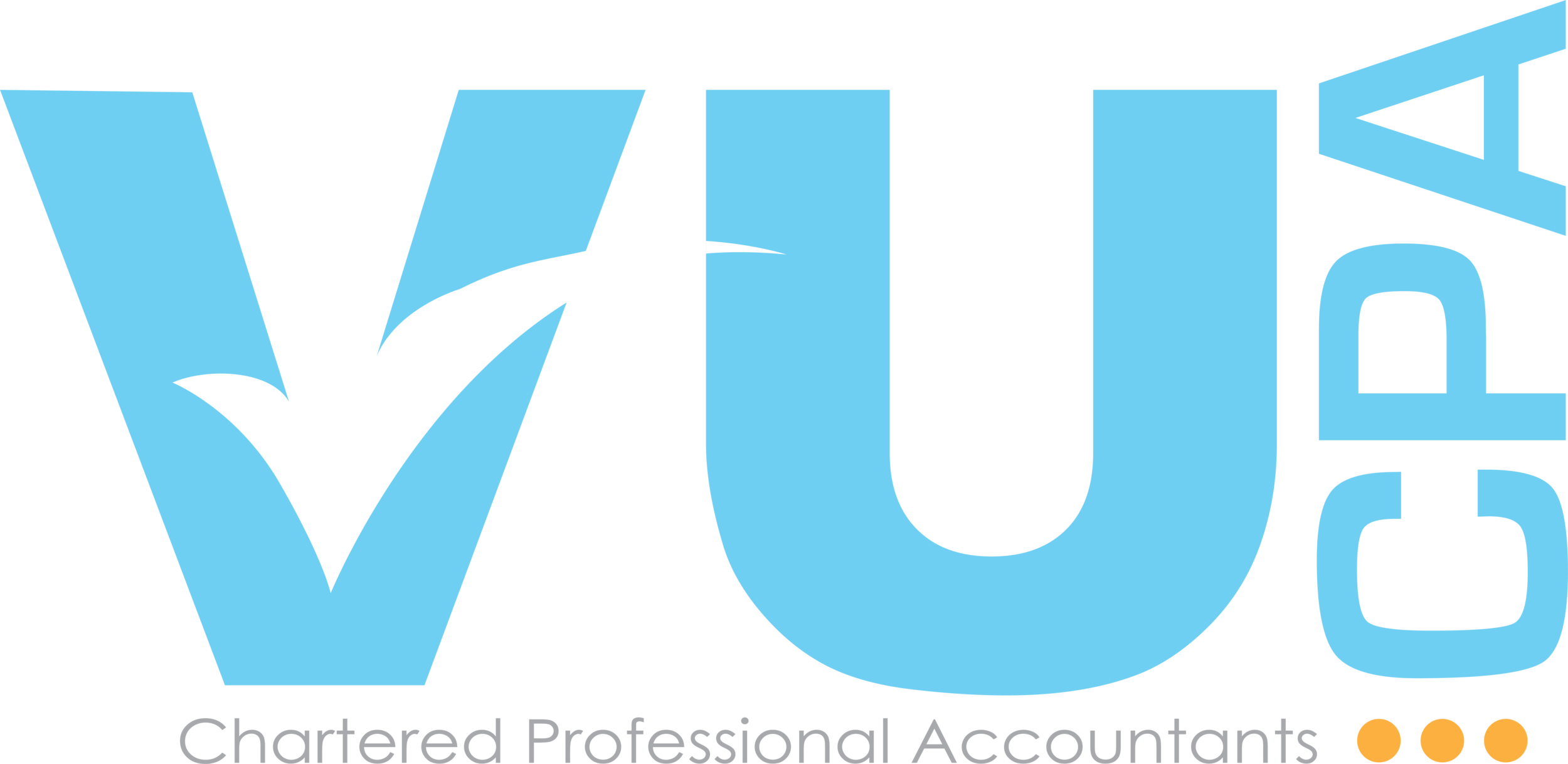If you sold your house in 2016 - you NEED to read this
Did you sell your house in 2016? There's a new reporting requirement on your tax return
For most people, a new year symbolizes change and new beginnings.
For accountants, it symbolizes the beginning of tax season.
Instead of looking forward, we look backwards to the previous year to complete your personal tax returns.
In 2016, the housing markets in BC and Ontario went crazy. I just checked my property tax assessment online and the value of my house jumped 35%!
If you’re one of those people who cashed in on the sale of your home, the government announced a change to Canada Revenue Agency’s reporting requirements on that sale.
In Canada, there is something called a Principal Residence Exemption. This means that if you sell a house that you were living in (AKA your principal residence), you will not pay tax on the sale. Previously, there was no requirement to report the sale on your personal tax return as long as you lived in it for the entire time it was owned (i.e. it was not rented out).
For sales that occurred on or after January 1, 2016, there is now a requirement to report. I cannot stress how important it is to let your accountant know that you sold your principal residence in 2016. If the sale is not reported, a couple things can happen:
1. The claim could be denied and be designated as ordinary income (as opposed to the more favorable capital gain income where only 50% is taxed)
2. The claim could be denied and you would be taxed on the capital gain.
3. The claim could be allowed, however penalties and interest are payable for not reporting.
The penalty for not reporting is $100 for every month it is overdue to a maximum of $8,000. Interest is compounded on top of the penalties owed.
Basic information such as the date of acquisition, proceeds of disposition and description of the property are required.
What happens if you had a rental suite? Or rented it for some of the years you owned it?
If you had a rental suite you can only claim the portion of the house you were living in. If you didn’t live in the property the entire time, you can only claim the years that you lived in it. This is where reporting can get complicated…
Instead of only completing schedule 3 of your tax return, you also have to file an election (form T2091) to designate the number of years or portion of the property that was your principal residence.
Still have questions? Contact us



